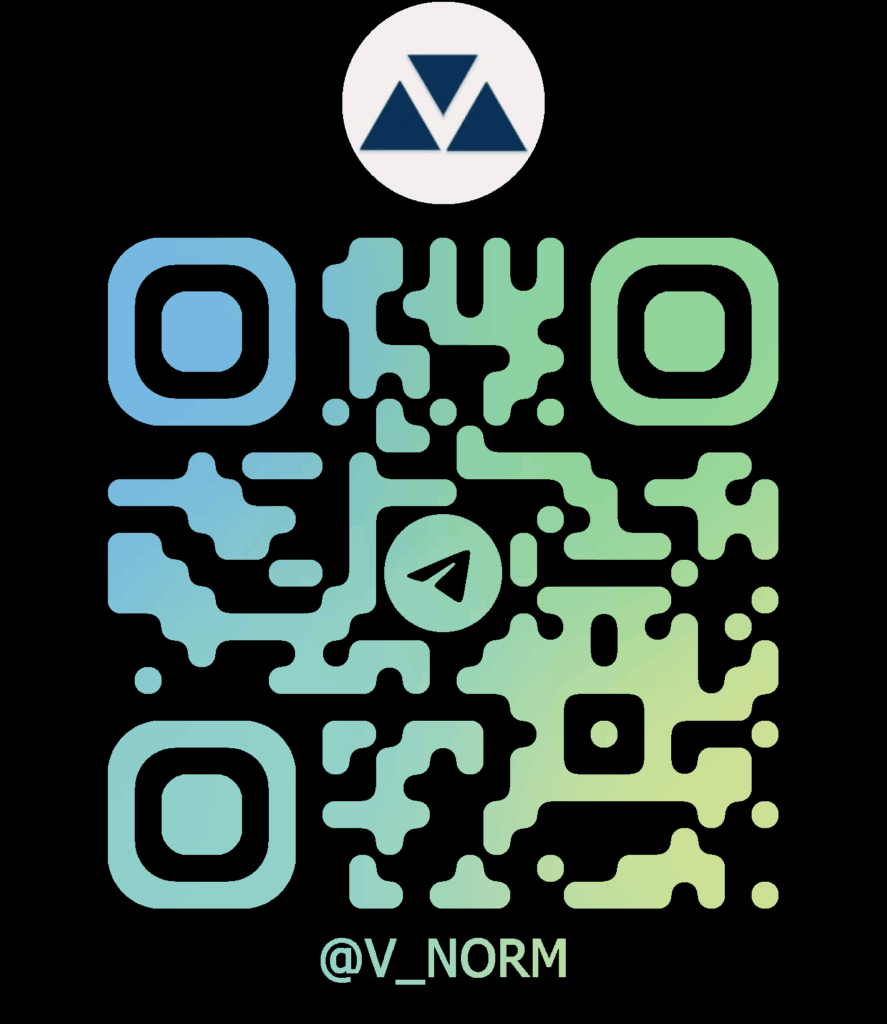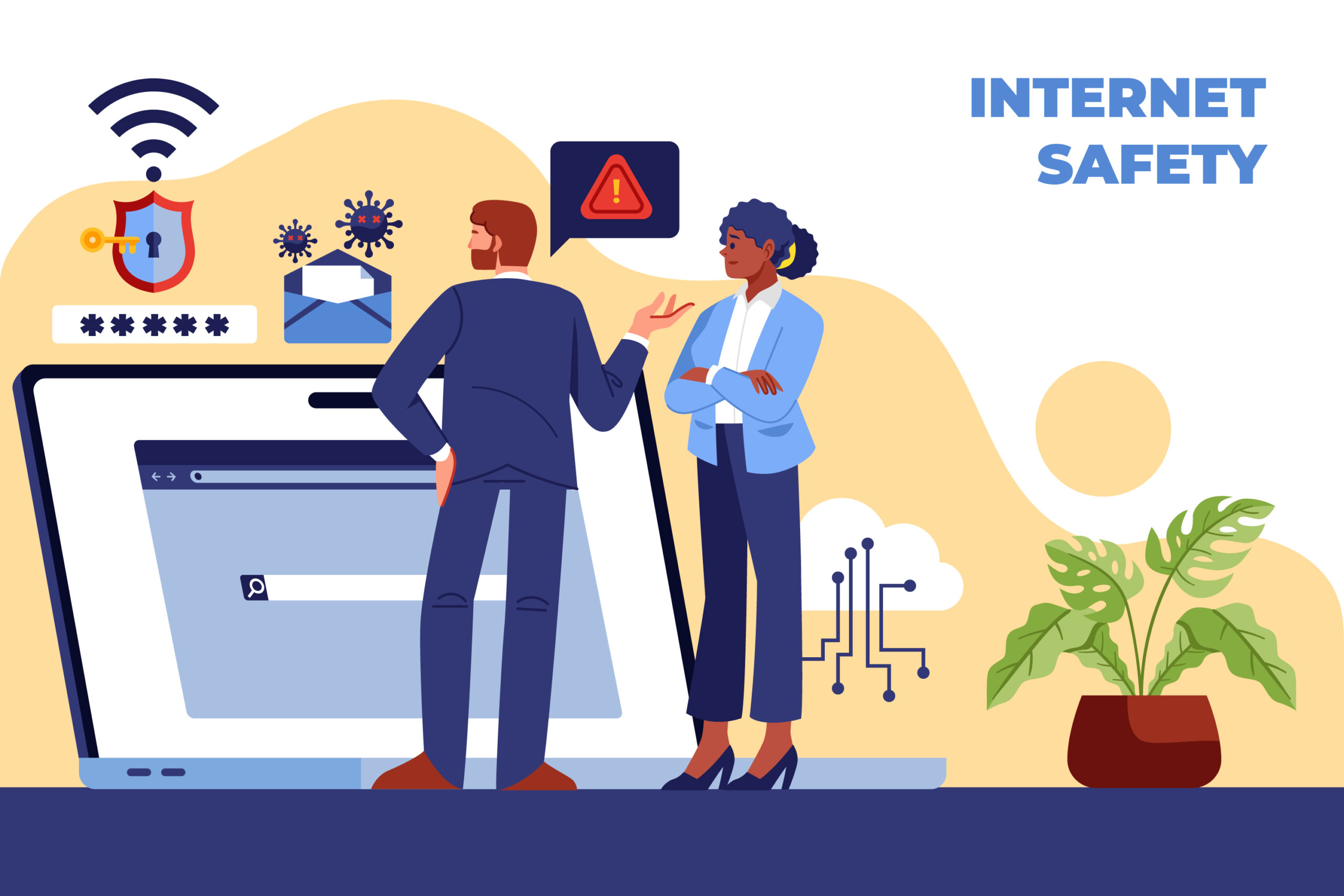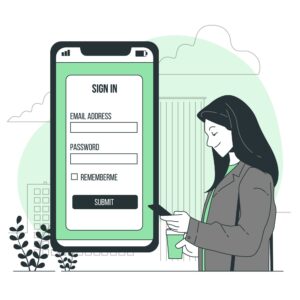Considerable online activity surge necessitates awareness of lurking scams, phishing schemes, and other cyber threats that exploit electronic devices. Fraudsters and cybercrooks often get hold of your address, phone number, and other sensitive information through illicit means somehow. Hackers might infiltrate your network via unsecured public WiFi and pilfer sensitive info. Posing as a supplier of essentials such as energy or water, they may provide instructions via phone on installing software and then connecting online. Thieves trick you into flipping on Developer Mode and Wireless Debugging right off the bat, allowing them to tether your phone to their dodgy PC setup via some shady pairing device. Thieves utilize plugins as a means of hijacking your mobile device, thereby posing a significant threat and potentially affecting mobile banking transactions. Heed this crucial safety tip before blindly following directions—grab who’s behind the service first. Implement a robust security protocol featuring multifactor authentication for every financial exchange, thereby capping overall transaction volume. Regularly scan your bank account activity logs and statement balances fairly often nowadays. Reach out to your bank pronto if uncertainty kicks in. Be cautious about revealing personal details like birthdays, phone numbers, addresses, PIN codes, passwords, one-time passwords, and credit card info online. Beware of snagging software from sketchy sources, as it poses significant risks to your system’s security.
Category :
Tags :






